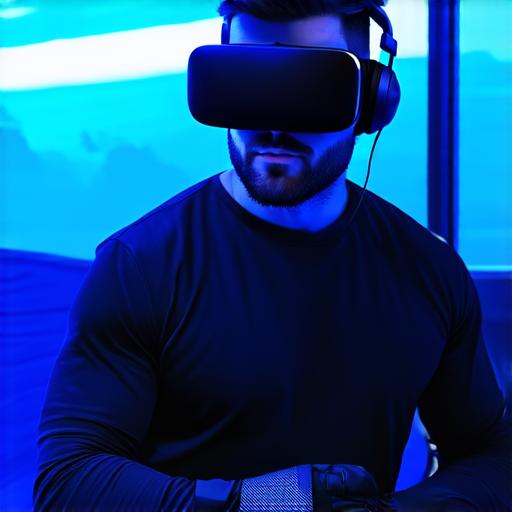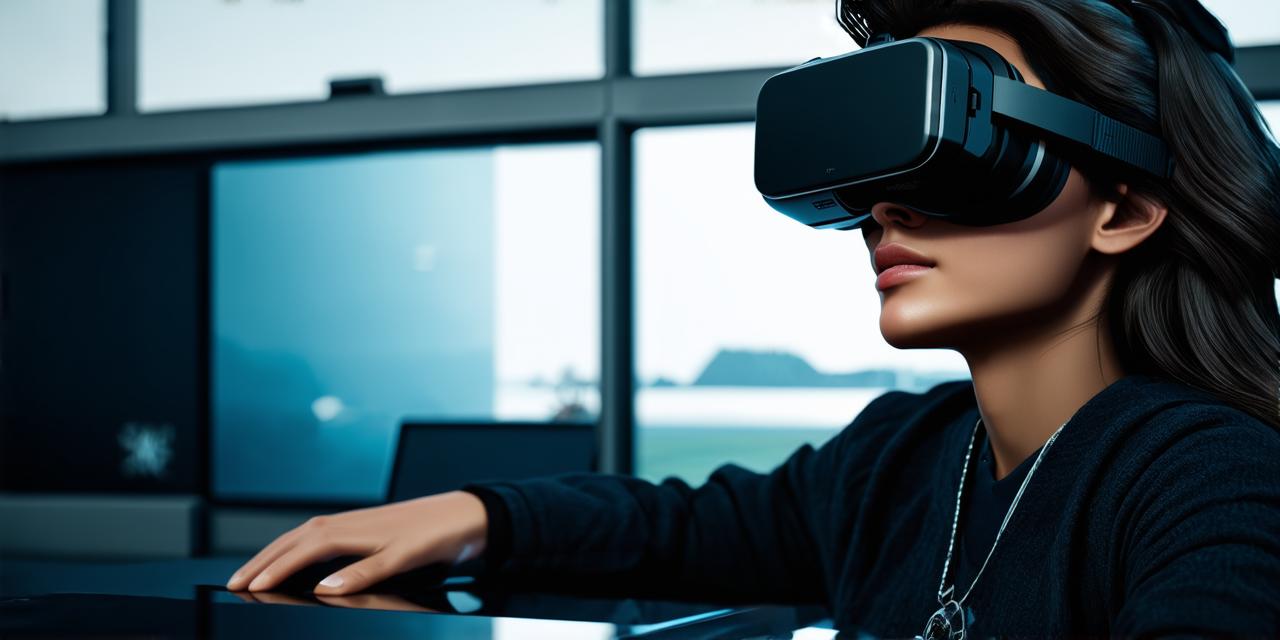Anxiety is a common mental health issue that affects millions of people worldwide. It can manifest in different forms, ranging from mild symptoms such as excessive worry and irritability to severe ones like panic attacks and social phobia. Despite the availability of various treatments for anxiety, many people continue to struggle with it. Virtual reality (VR) is a promising technology that has shown great potential in helping individuals manage their anxiety. In this comprehensive guide, we will explore how VR can be used to reduce anxiety and provide practical tips for virtual reality developers on how to create engaging and effective VR experiences for anxiety reduction.
Understanding Anxiety and Its Effects on Mental Health
Before diving into how VR can help with anxiety, it’s essential to understand what anxiety is and its impact on mental health. Anxiety is a natural response to stressors that helps individuals anticipate and prepare for potential threats. However, when the body’s response to stress becomes chronic, it can lead to anxiety disorders.
Anxiety can have various effects on an individual’s mental health, including:
- Impaired cognitive function
- Difficulty sleeping
- Reduced mood and overall well-being
- Increased risk of physical health problems
- Reduced quality of life
Virtual Reality as a Tool for Anxiety ReductionVirtual reality has been used as a tool for anxiety reduction in recent years. VR creates immersive and interactive experiences that can help individuals face their fears and anxieties in a controlled environment. The following are some ways that VR can be used to reduce anxiety:
- Exposure therapy
Exposure therapy is a widely used treatment for anxiety disorders, and VR provides an ideal platform for it. With VR, individuals can confront their fears in a controlled environment without the risk of harm or danger. By gradually exposing themselves to increasingly challenging situations, individuals can learn to tolerate and overcome their anxieties.
2. Relaxation techniques
Virtual reality can also be used to teach relaxation techniques such as deep breathing, progressive muscle relaxation, and mindfulness meditation. These techniques have been shown to reduce anxiety and improve overall well-being. By creating a relaxing virtual environment, individuals can learn to relax and manage their stress levels.
- Cognitive restructuring
Virtual reality can help individuals with anxiety restructure their thoughts and beliefs about themselves and the world around them. By creating virtual scenarios that challenge negative thought patterns and promote positive self-talk, individuals can improve their mood and reduce their anxiety.
4. Coping skills training
Virtual reality can be used to teach individuals coping skills for managing anxiety. These skills include cognitive restructuring, relaxation techniques, problem-solving, and social support. By providing a safe and controlled environment for learning and practicing these skills, individuals can develop greater resilience and reduce their anxiety levels.
The Power of Virtual Reality in Reducing Anxiety: Case Studies and Personal Experiences

Several studies have shown the effectiveness of VR in reducing anxiety. Here are some case studies and personal experiences that illustrate the power of VR in managing anxiety:
- The Mindfulness Experience
A study published in Frontiers in Psychology found that a 20-minute mindfulness meditation session using VR reduced symptoms of anxiety and depression in participants. According to one participant, “I was skeptical at first, but the virtual reality experience made me feel like I was truly immersed in the moment. It helped me focus on my breath and let go of my worries.”
2. The Exposure Therapy Program
A study published in the Journal of Anxiety Disorders found that a VR exposure therapy program reduced symptoms of social anxiety disorder in participants.
- Exposure therapy
